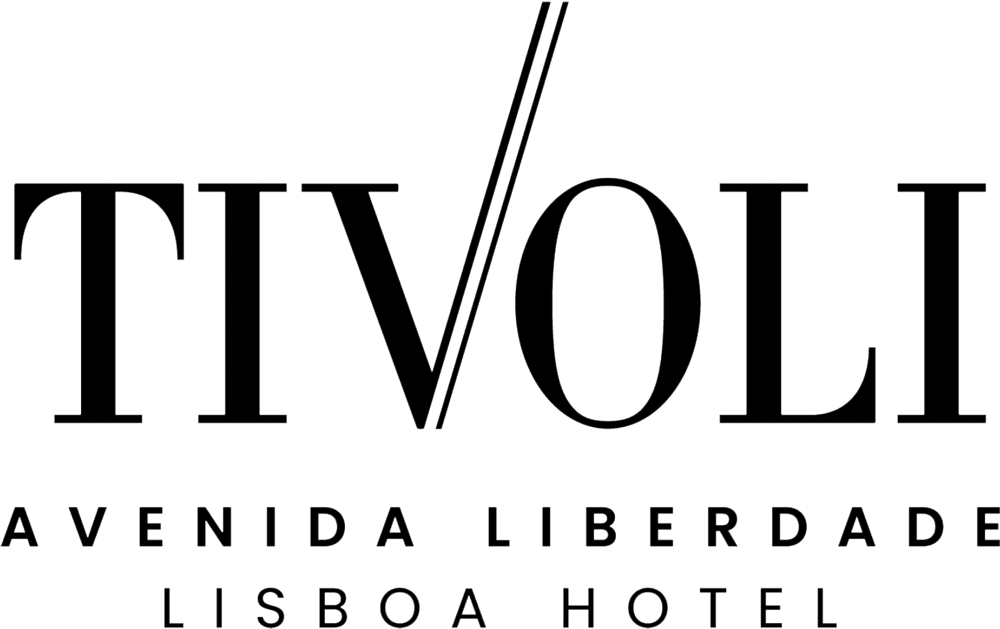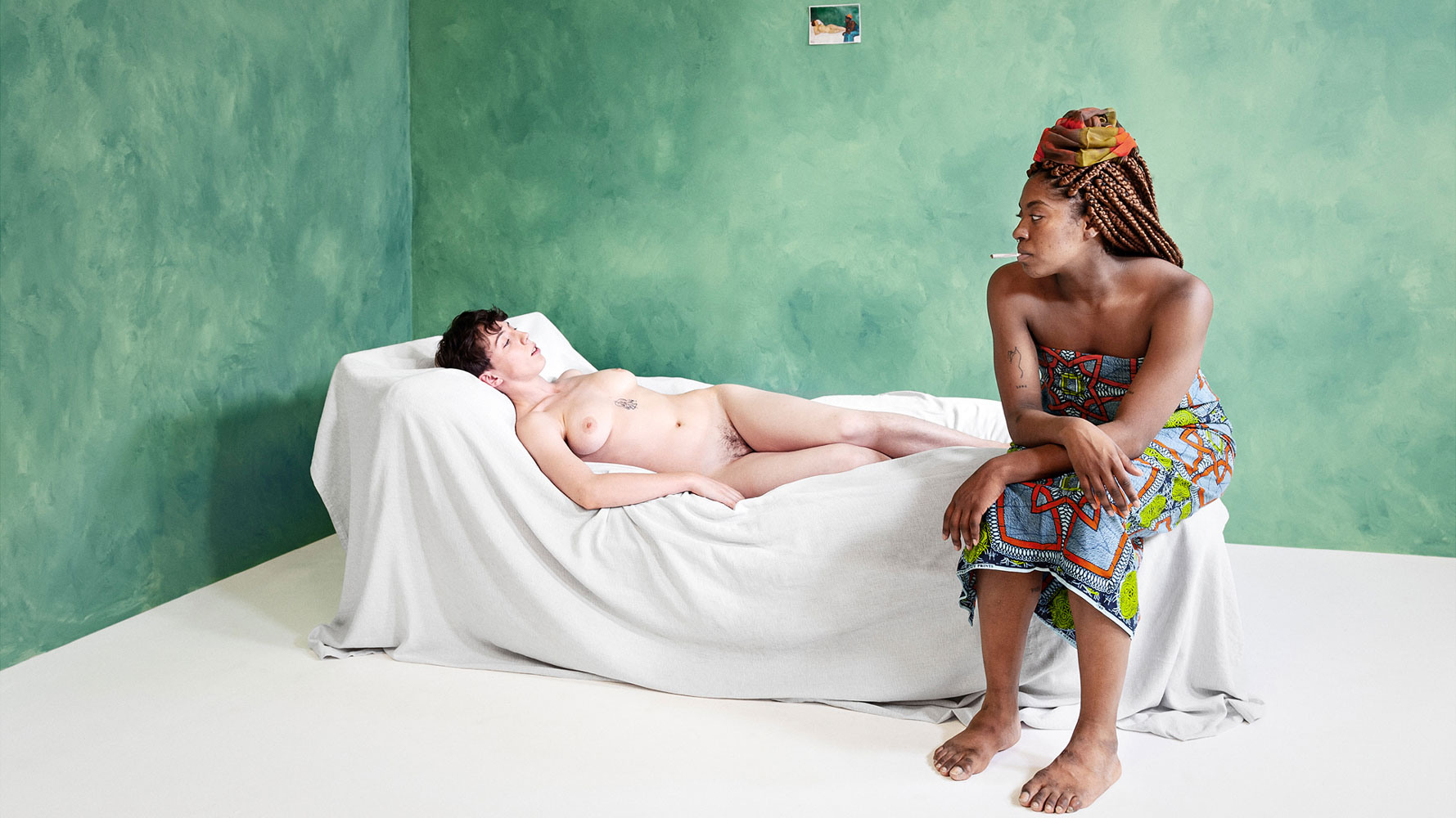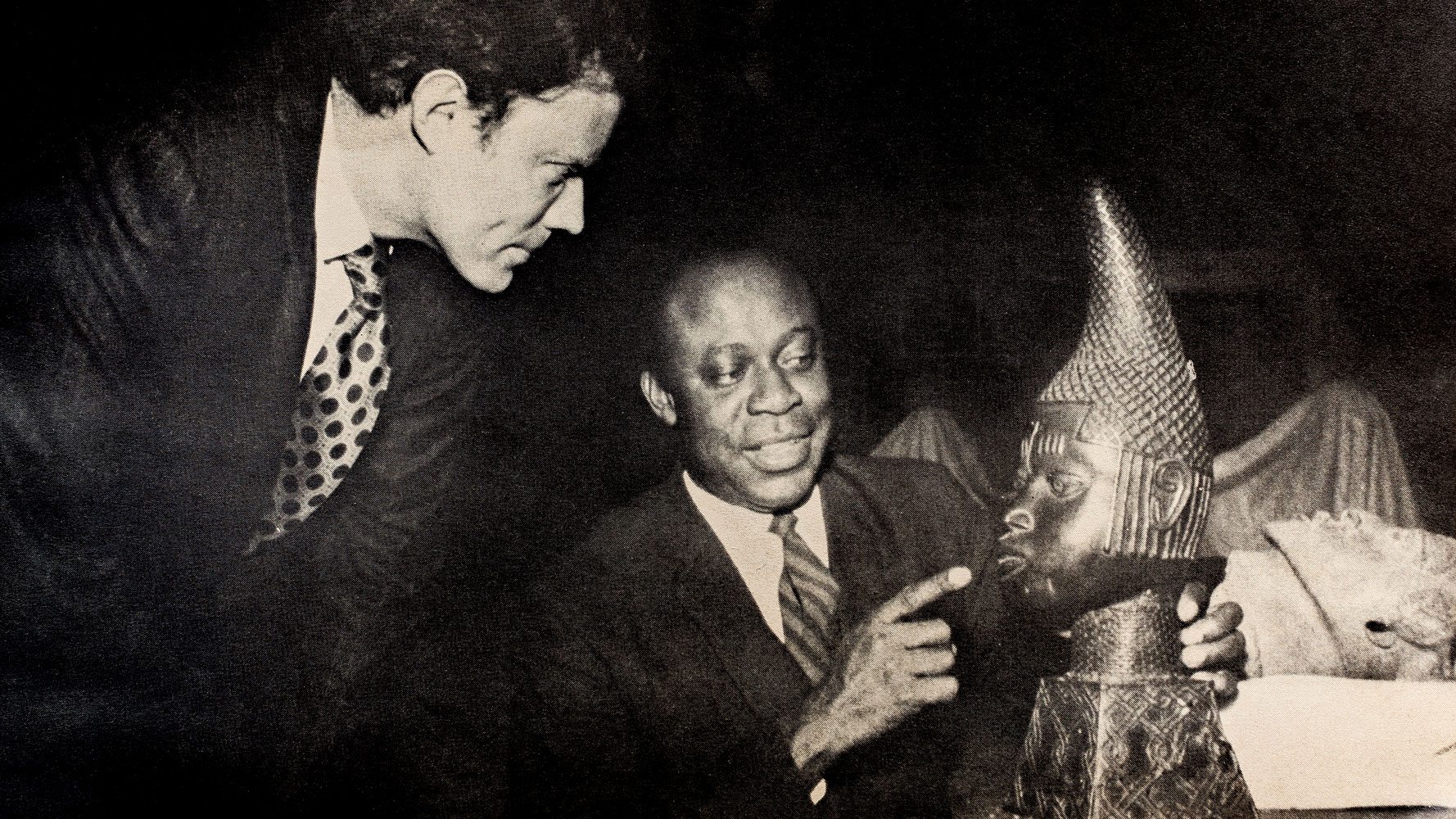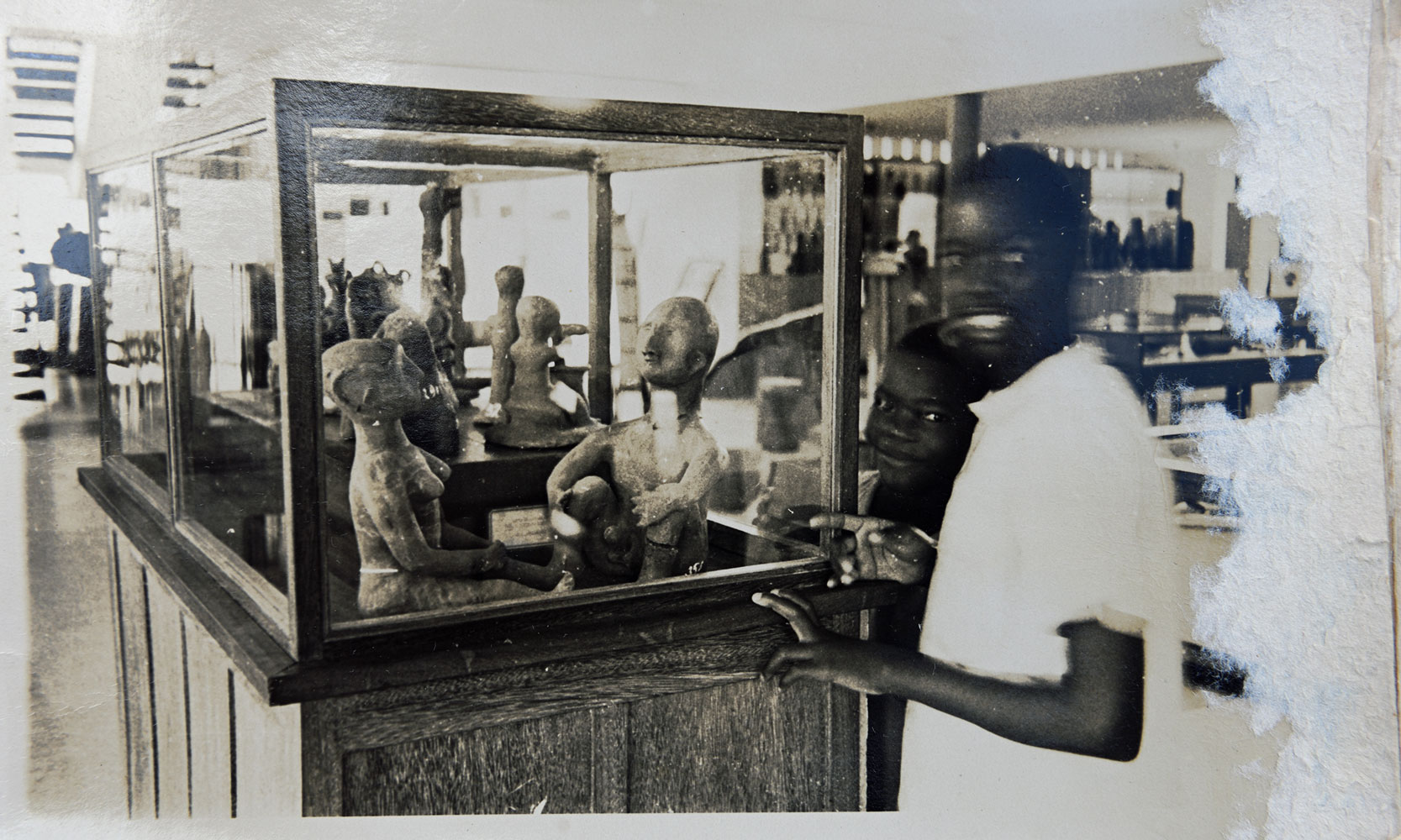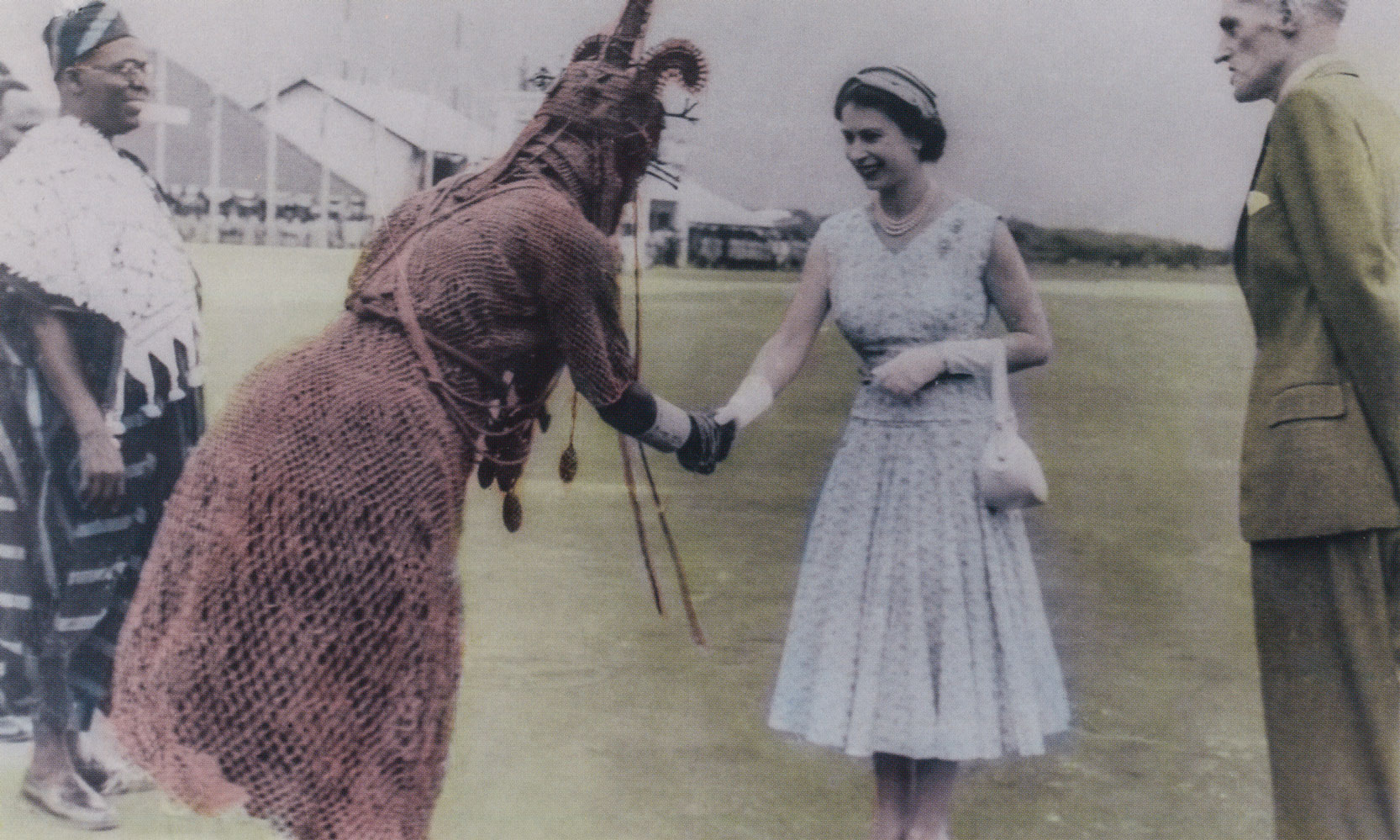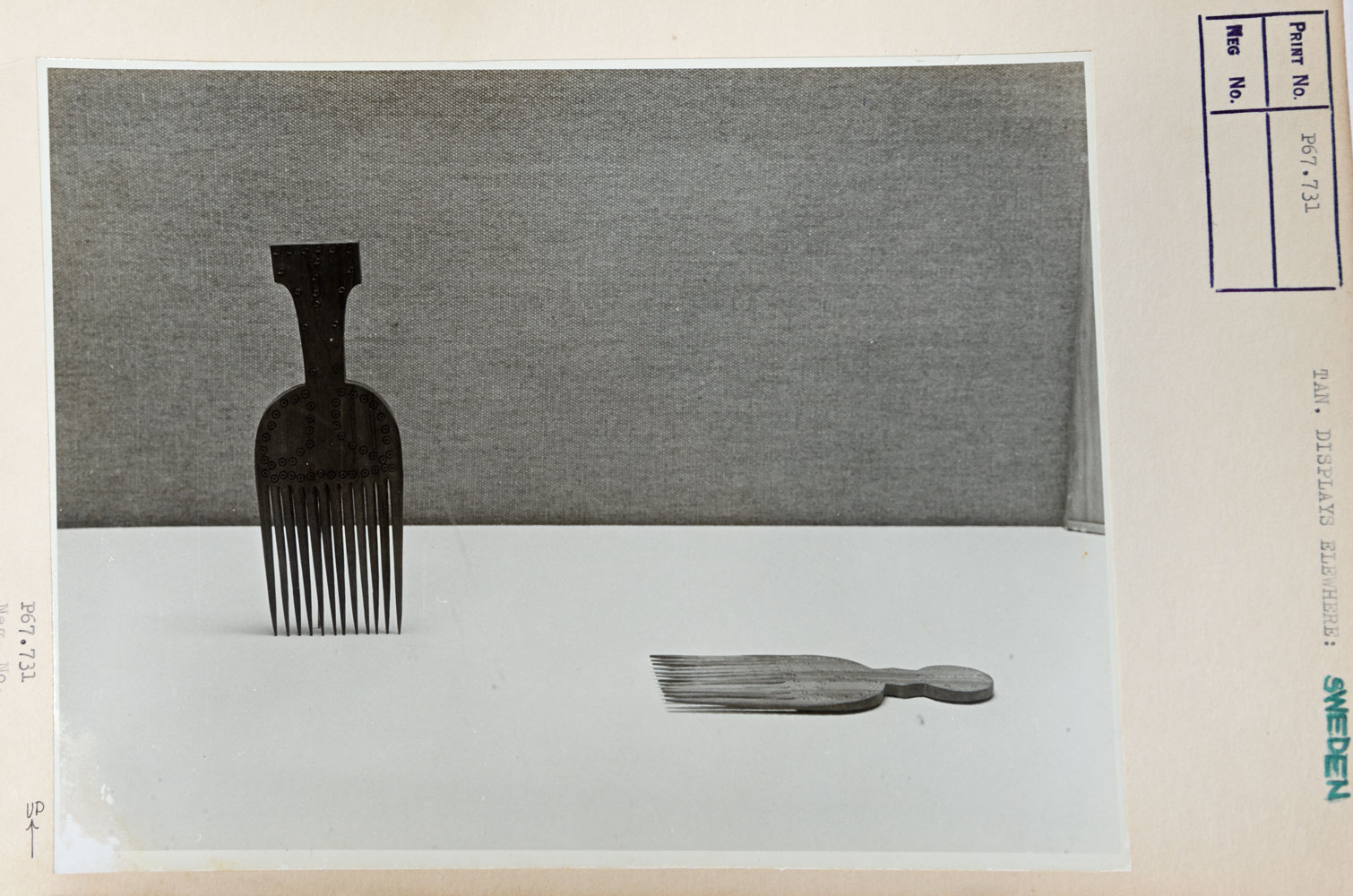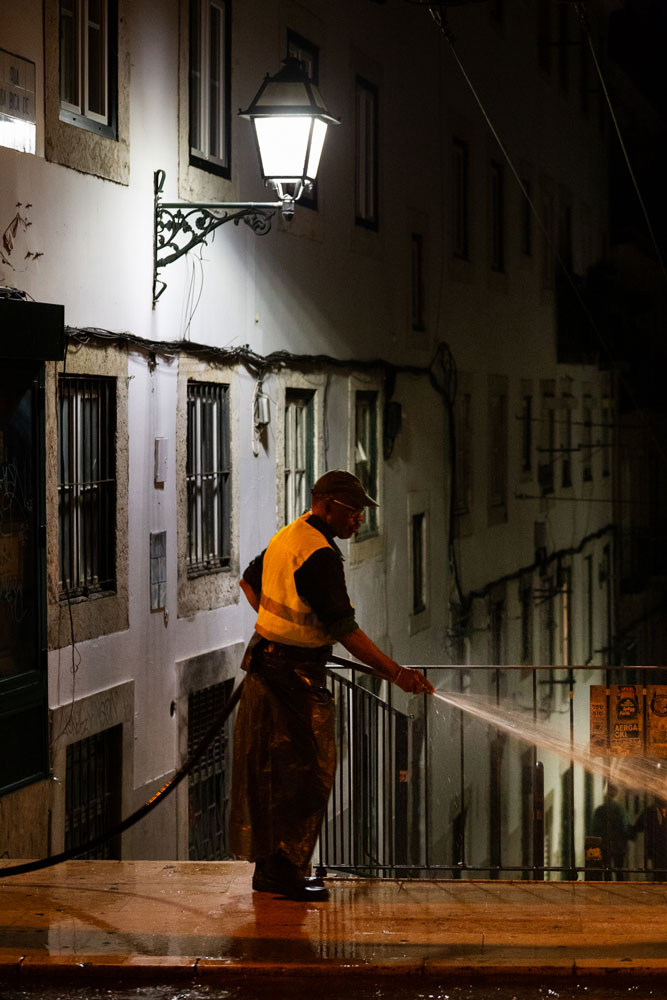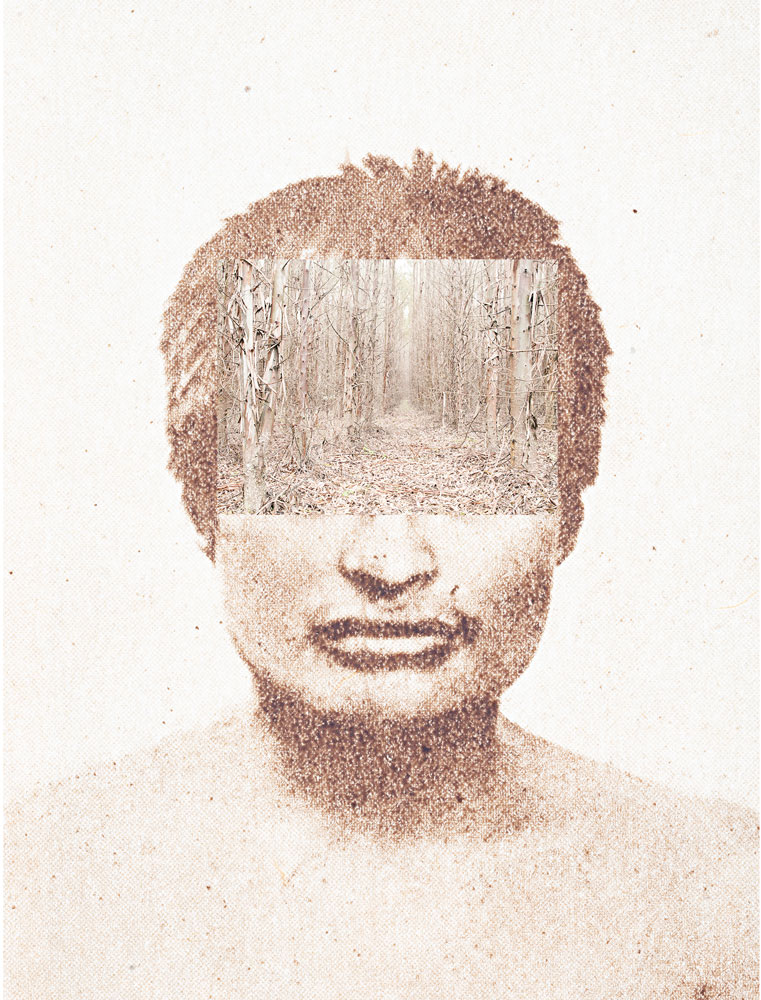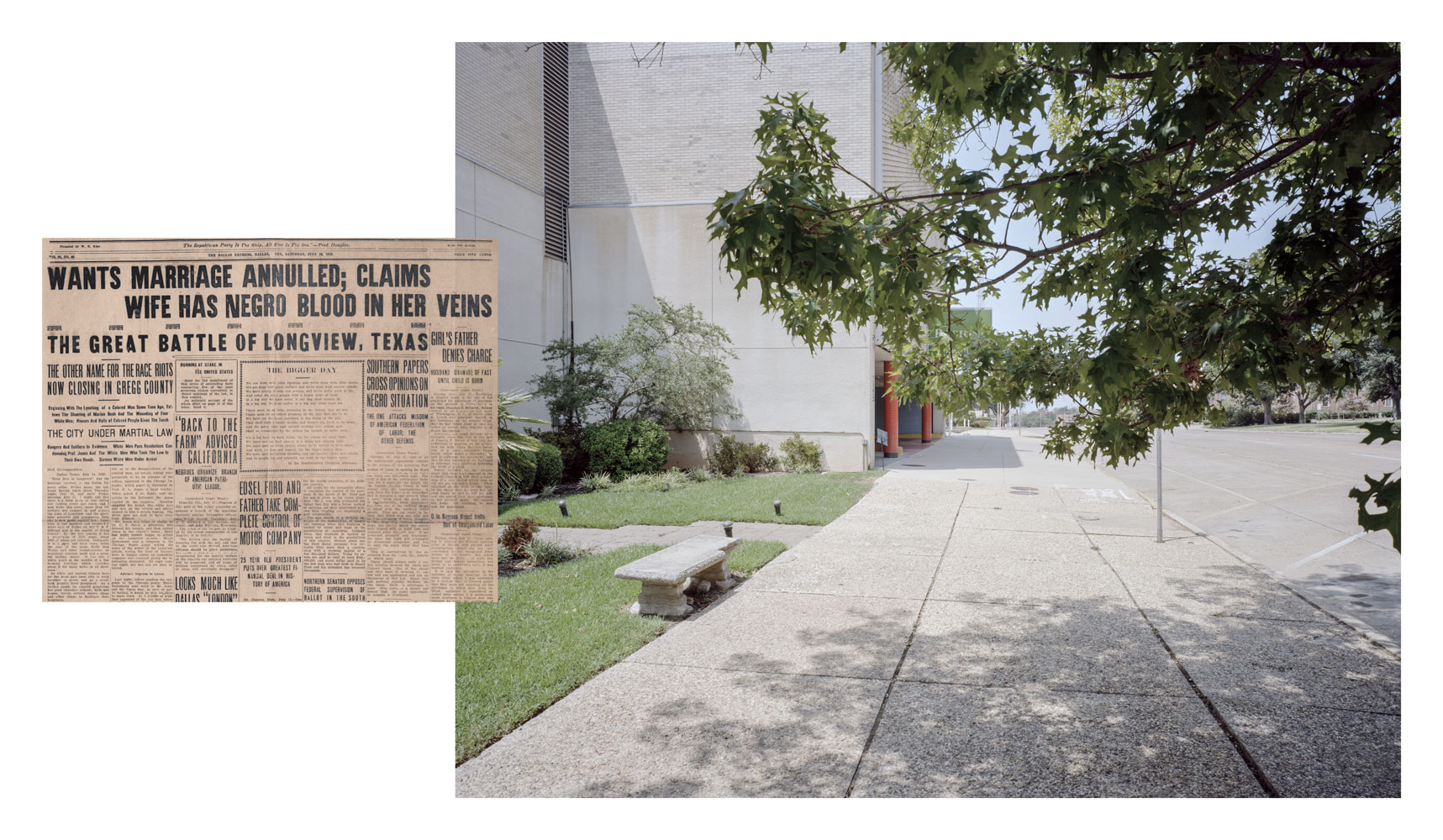USUS FRUCTUS ABUSUS_La Blanche et la Noire
SNBA - Sociedade Nacional de Belas Artes
Rua Barata Salgueiro 36, 1250-044 Lisboa
05 . 09 . 2025 → 04 . 10 . 2025
monday - friday → 12:00 pm – 07:00 pm
saturday → 02:00 pm – 07:00 pm
Artist
Gloria Oyarzabal
Roman law defined property as the absolute,
full, exclusive and perpetual enjoyment of an
object or corporeal entity. USUS was the right
to make use of the object according to its nature,
FRUCTUS to receive the fruits, ABUSUS was
the power to modify, sell or destroy the object
or given entity.
Museums originated as institutions more than
300 years ago, when certain royal collections
were made accessible to the great public. They
would hence become instrumental tools in the
construction of identity and the definition of
Nation. And bearing in mind the outstanding
colonialist origin of many of their collections,
then conflict with History narrative, the creation
of knowledge and, consequently, collective
and individual memory, becomes unavoidable.
Museums as creators of imaginaries, as institutions
that aren’t and have never been neutral
holders.
Is the concept of museum universal?
Revisit the relationship between colonial anthropology
established not as a study of culture,
but of a hierarchical difference based on supremacist
discourses. Questions of spoliation,
hegemonic narratives, race and gender are addressed
based on the concept of ownership and
plunder.
Consequently, the responsibility for the representation
of black women in European art is
innate.
Is returning what has been plundered and looted,
both in terms of objects and identity, an
urgent, universal and feasible matter? Ownership,
restitution, reparation, recontextualisation
.... who has agency to give, return, rename?
Let’s provoke a polyphonic debate on the function
of objects and their role in processes of
subjectivation of the individual, as well as in
building collective identities.
Newsletter
Main Sponsorship
Partners


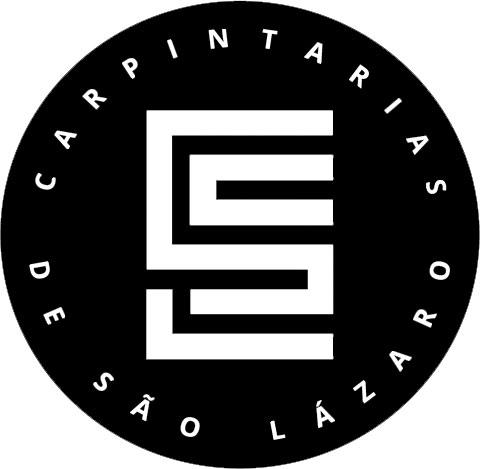






Institutional partners
Special support
